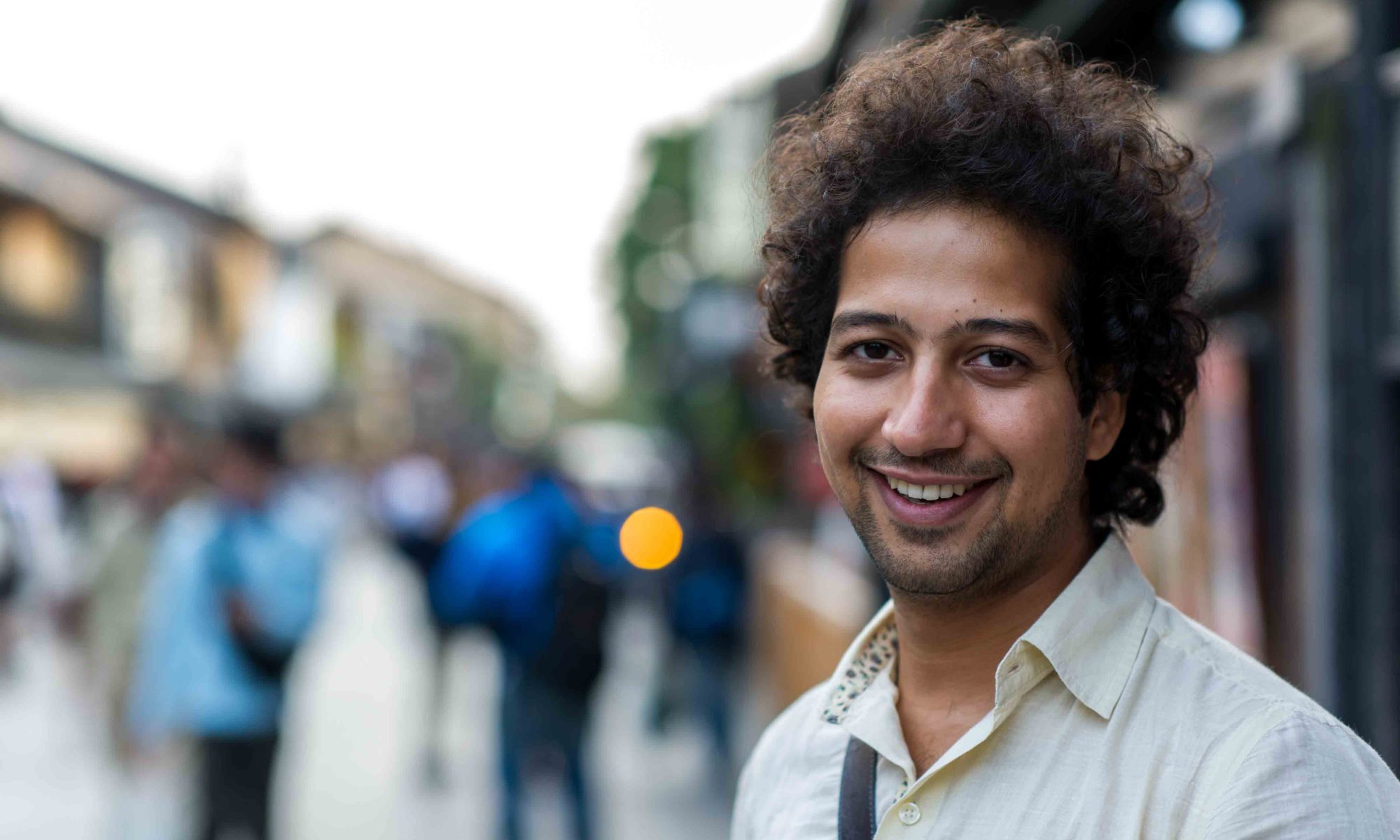DIRECTOR’s WORD
My grandfather who died when I was very young used to write and recite to me poems in a language I could barely understand. But he always explained these Urdu poems to me in colloquial Hindi. I still vividly remember his acute observations about the human condition. I can almost touch his fears, his hopes and his desires which he thoroughly acquainted me with through the translations of his poems. But I feel perplexed when I realise that he never shared with me anything about India’s partition which he had witnessed with his own eyes. This partition also divided the two languages he knew. I’ll never know what he saw but I cannot forget that he saw something which he could not get himself to talk about. I never inherited the language he wrote his poetry in but I inherited the loss of it, just like how many Setos have inherited the loss of the Seto dialect. My grandfather’s poetry modulated the very way he thought and it concealed the ways in which he understood the world. Two years ago, I saw a dream of him singing a song to me. “Don’t look back…Please don’t look back”. With this deep sense of loss, I connect to the characters of my film, whom I have known since 2015 and who try to reconnect to their Seto identities through dreams. For me as a filmmaker, making a film in Setomaa is somewhat like building a bridge between its past and present. While memories lay a sturdy base for such a bridge, hope must grasp it firmly as its supporting columns. The purpose should not only be to connect two different points of time but also to stand in middle of them, in middle of this bridge, to behold where we were, where we are and where we are led.
Varun Trikha is a documentary filmmaker based out of New Delhi, India.
He was trained as an ethicist at King’s College London and as a nonfiction
filmmaker at SACAC, India. His films have been screened worldwide including
the prestigious Yamagata International Documentary Film Festival, Japan and
have won awards including a best director award from the Indian Ministry of
Information and broadcasting. His latest TV Documentary ‘The Wall’ was
recently shown at Eesti Rahva Muuseum in a special program.
